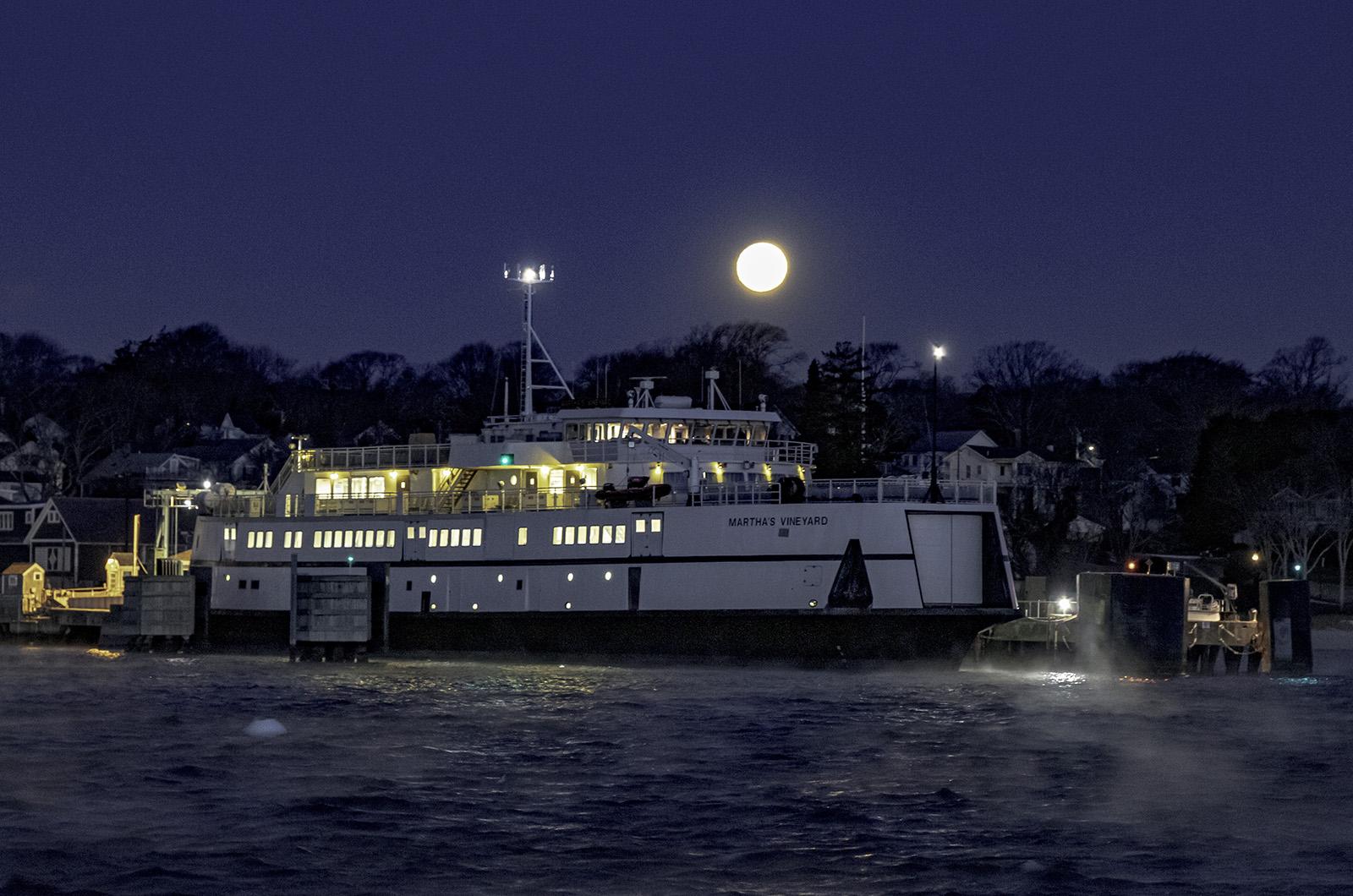For three of the last six years, the opening day of summer vehicle reservations with the Steamship Authority has been plagued by technology problems. This year, some customers for the Nantucket route found themselves frozen out completely, while long delays were the order of the day for the Vineyard route.
Steamship Authority officials say the cause of this year’s difficulties are different from the ones that caused headaches in 2020, and those were different from the ones that caused the system to crash in 2018.
Now, saying the authority did not meet its high expectations for customer service, SSA leadership has pledged to seek an outside review of all its systems in hopes of creating a better and more reliable experience in the future.
The SSA has formed a working group led by Peter Jeffrey, Falmouth’s representative on the board of governors, and including Tisbury port council representative John Cahill and SSA attorney Stephen Sayers, to develop a request for proposals.
“We need to have a comprehensive look at the IT infrastructure,” said James Malkin, the Vineyard representative on the Steamship’s board of governors.
If successful, the move could bring the ferry line into a modern age and give riders the type of experience they can get from other major transportation providers.
A complex, lumbering organization that serves as the lifeline to the islands, the SSA has upgraded and added new technology systems piece by piece since its creation in 1960, said Steamship spokesperson Sean Driscoll.
At the time it was put in place, each new system was deemed to be the best fit. But many of those systems have continued on as the times have changed, creating a jigsaw of different programs.
Some, if not all, of the systems need to interact with a new authority website, a $2 million project that has been in development for two years, and a mobile app. Both could be rolled out later this year.
The Steamship Authority, working with consultant Projekt 202, has been working on a redesign of the website to bring a fully functional system to both computer and phone-wielding customers. The current site has been kicking around for about a decade.
“Anyone could have told you the website was in desperate need of a redesign and a refresh,” Mr. Driscoll said. “It will be a modern experience you’d expect from any travel site.”
While a revamp of the website will certainly be welcomed by customers, it alone won’t solve the problems that have frustrated riders in the past. In fact, the website hasn’t been the problem in the booking breakdowns, it’s largely been behind-the-scenes systems.
This year, the issue on opening day was with the server that comes before customers get to the reservation system, Mr. Driscoll said. The cloud-based servers for the authority website weren’t properly set up for the volume and duration of opening day traffic, and when they were adjusted, several of the authority’s internal servers weren’t able to stay connected to the cloud.
In 2018, the website slowdown was caused by a single line of code. Since 2013, the line of code had been acting as a bridge, carrying customers from the Steamship website to the internal reservation system. But in 2018, the amount of people looking to book overwhelmed the single point of entry.
In the aftermath, a consultant said the code should have been tested beforehand to see how much traffic it could handle. They also found that the Steamship should have had more redundancies built in to act as backups in case of other breakdowns.
In 2020, opening day was plagued by issues with the Steamship’s mobile site and other areas. The Steamship hadn’t tested how much traffic the mobile site could handle, nor did it switch settings to better the connection with the ferry line’s web servers.
Even the technology that has been working has raised concerns.
In 2018, following a rocky year of operations, a consultant did a top-to-bottom look of the authority. Among other things, a report from HMS Consulting found that the authority’s reservation system was entirely owned, managed and maintained by a remote third-party company with a system that is dangerously outdated – a situation that persists to this day, SSA officials acknowledge.
HMS worried that having something as critical as a ferry line’s reservation system operated by an outside company created a weak link. If the owner became disgruntled, died, or was bought out by another business, the authority could be “rendered operationally ineffective,” the consultant wrote.
Mr. Malkin expected the search for a consultant to get underway later this month. He acknowledged that the boat line’s technology infrastructure is out-of-date and hopes a recently created working group can find a better way to handle bookings.
But no matter how good the Steamship’s technology gets, Mr. Malkin said, clear communication is key.
“However functional and modern a new website is, there’s the issue of garbage in, garbage out,” he said. “We have to make sure the information we get to people is accurate and timely.”






Comments (1)
Comments
Comment policy »